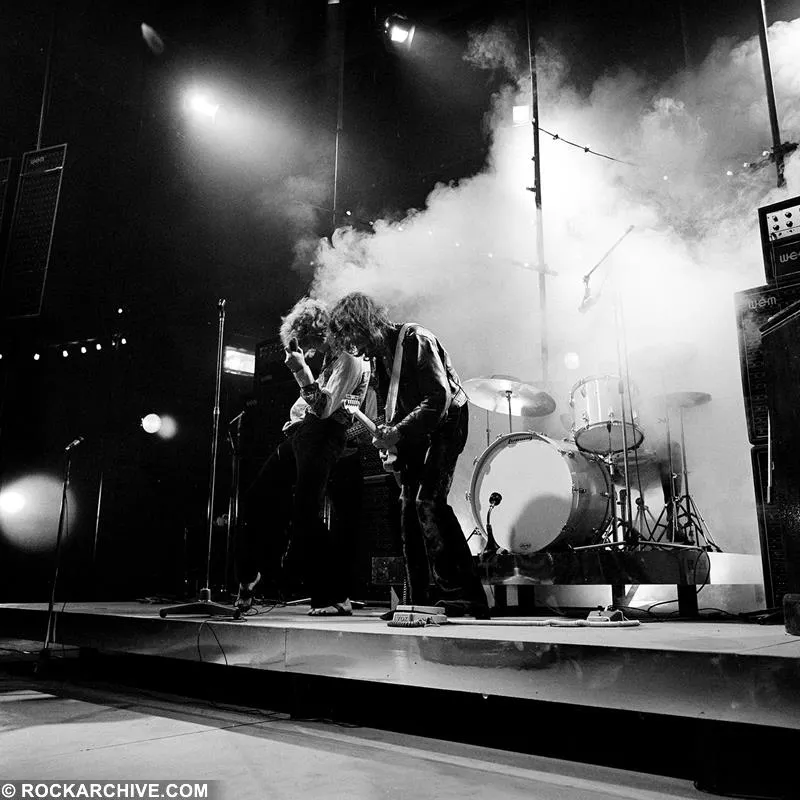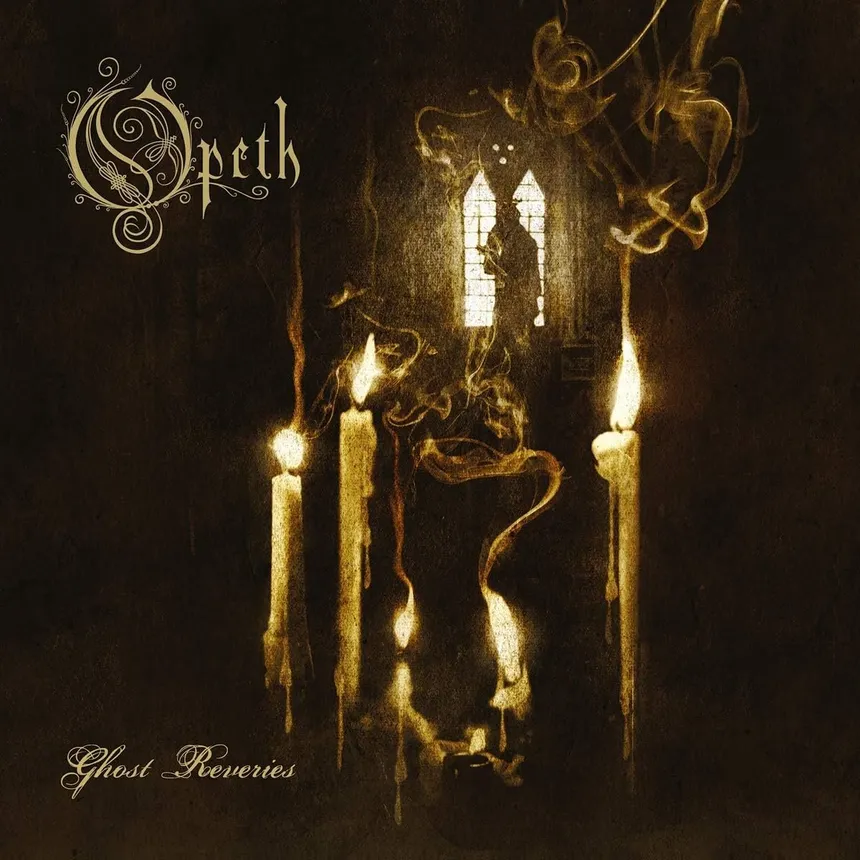Metal: A Sonic Journey Through Time
It is in metal, with its roots in raw energy, aggression, and sometimes intricate musical forms, that a niche has been hewn out of the world of music. Changes in popular culture and society and relentless creativity forge a hand-in-hand relationship with the past, present, and future course of heavy metal.
A Heavy Metal Revolution: The Birth of Metal
It has its roots in the late 1960s and early 1970s bands that began to experiment with heavier sounds and darker themes, extended guitar solos. They had a massive impact, forming the basis of the many subgenres to come.
Black Sabbath: Pioneers of doom metal with dark, despairing, and occult themes.
Led Zeppelin: A fusion of blues, rock, and folk, featuring strong riffs and soaring vocals with intricate arrangement.
Rise of Subgenres: A Diversified Landscape of Metal
Metal subgenres increased in the 1980s and 1990s with the following features that set them apart from one another, along with a different fan base for each.
Thrash metal: The fast pace, extremely aggressive way to play riffs, along with social criticism in their lyrics, were characteristic of thrash bands such as Metallica, Slayer, and Anthrax.
Death metal: With its extreme vocals, sophisticated guitar playing, and very frequently shocking subjects of lyrics, the bands of death metal—Death, Cannibal Corpse, Obituary, and others—were pushing the limits of musical intensity to the outermost frontier.
Cannibal Corpse
Heavy metal: This is a generic term that applies to many different subgenres. Heavy metal bands like Iron Maiden, Judas Priest, AC/DC remained popular throughout the decades.
Iron Maiden
Power metal is one of the more melodic and uplifting subgenres. More recent Power Metal bands like Helloween, Gamma Ray, DragonForce normally emboss this genre with fantasy and heroic themes.
The Progressive Rock Movement: Voyage into Complexity
Progressive rock, most commonly referred to as prog rock, is a subgenre of rock music that incorporates complex musical forms, extended song lengths, and irreducibly complex lyrics that raise a good number of philosophical, social, and political concerns. Prog rock originally emerged during the late 1960s and early 1970s with bands like Pink Floyd, Yes, and Genesis leading the charge.
Pink Floyd
Principal features include:
Long, complex musical structures: Prog rock bands frequently worked with unusual time signatures and sophisticated chord progressions, extended instrumental pieces. Lyrical depth: Prog rock songs typically featured lyrics that are deeply wrought with philosophical, social, and political themes, with a heavy emphasis on science fiction, fantasy, and mythology. Concept album: A lot of prog rock bands issued concept albums—consisting of a number of songs—telling a coherent story to create a more immersive listening experience.
Technical skill: Prog rock musicians did not shy away from technical skill; they showed off their virtuosity on their instruments.
Some of the most influential prog bands include:
Pink Floyd: Their soundscapes, introspective lyrics, and famous albums like Dark Side of the Moon and Wish You Were Here put them at the top of this subgenre.
Yes: This band combined elements of classical music with rock to construct complex compositions and intricate harmonies.
YesGenesis: From a psychedelic rock band emerged this progressive rock powerhouse of bands known for having the ambition to do concept albums and their innovative way of songwriting. King Crimson: One of the bands that effectively pushed the limits of rock music with their experimental approach, complex time signatures, and unconventional instrumentation. Rush: A Canadian prog rock group that infuses elements of hard rock and science fiction within their music, characterized by virtuosity and intellectual lyrics.
A Trio of Prog Rock Titans: Dream Theater, Opeth, and Porcupine Tree
Among the several bands that have made a big difference in the prog rock genre over the recent decades, three major ones are Dream Theater, Opeth, and Porcupine Tree.
Dream Theater is an American progressive metal band characterized by instrumental technicality and complex song structures, with lyrics ranging from themes in science fiction, fantasy, and philosophy. They have released a variety of critically acclaimed works, including the albums Images and Words, Awake, and A Dramatic Turn of Events.
Dream Theater
Opeth is a progressive metal band from Sweden that embodies death metal with progressive rock. The music is varied and powerful. Their specialty lies within atmospheric music, complex compositions, and thematic content through nature and mythological ideas in the lyrics.
Opeth
Porcupine Tree: This British progressive rock band has covered nearly all the most diverse styles, from psychedelic rock to ambient music. The band is known for its complex compositions, provoking lyrics, and the innovative way of using technology.
Porcupine Tree
These three bands have been able to keep alive and provide for the prog rock genre in this century and continue to push the boundaries of what can be done creatively with music while influencing new generations of musicians.
The Impact of Metal: More Than Just Music
The influence of metal transcends the bounds of music into popular culture, fashion, and a general sense of belonging to so many people.
Social and Political Commentary: Metal has been a medium of social and political commentary for long. It has raised its voice against war, inequality, and environmental issues.
Community and belonging: Metal fans often stick with one another, thus providing them the sense of community and belonging that goes beyond what is defined by culture and geographical boundary.
Artistic Expression and Innovation: Heavy metal was a challenging art to the then boundaries of musical expression that inspired countless musicians and artists to enter into unexplored territories.
In this way, metal will, for sure, continue to evolve in endless forms within its legacy. It made a huge impact on popular culture; it is capable of inspiring and uniting, and, most significantly, relentless in creative expression—it will remain vigorous in the world of music for generations to come.








Comments
Post a Comment